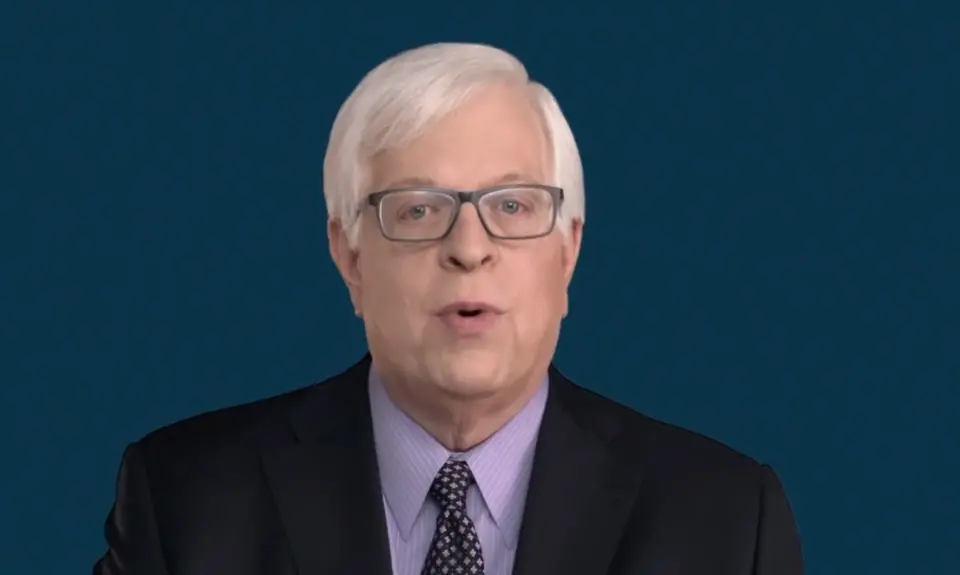The 9th U.S. Circuit Court of Appeals ruled Tuesday that Prager University, a nonprofit organization created by right-wing commentator Dennis Prager, had no legal ground to stand on in its lawsuit against Google and YouTube, which alleged the companies violated Prager University’s First Amendment rights by "censoring" its videos. The court’s ruling, first reported by Wall Street Journal’s Jacob Gershman, serves a blow to baseless right-wing narratives that big tech companies are infringing on conservatives’ freedom of expression online for ideological reasons.
Prager’s organization, which is a university in name only, has waged a years-long legal battle against Google and YouTube with little success. In 2017, the organization filed suit against Google, accusing the company and its subsidiary of “censoring” its videos “solely because of PragerU’s political identity.” The legal move was cheered by right-wing media at the time of its announcement; it appeared to be taking Google to task on conservatives’ baseless claims that conservatives are ideologically discriminated against online. However, the lawsuit was swiftly dismissed in 2018.
Undeterred, Prager University and its lawyers tried to revitalize its claims against Google again in 2019 before the 9th Circuit. The organization sought to appeal against the lower court’s ruling and attempted to argue that Google had engaged in false advertising by claiming it was an ideologically neutral platform and that YouTube was effectively a “public forum” that should be subject to state intervention—something that Reason assistant editor Billy Binion argued “would have deleterious effects on the internet” if ruled in Prager University’s favor. Prager testified before the Senate about his grievances last July in a hearing chaired by Republican Sen. Ted Cruz of Texas.
But the 9th Circuit affirmed the lower court’s dismissal of the case. Judge Margaret McKeown wrote in an opinion that Prager University ran “headfirst into two insurmountable barriers—the First Amendment and Supreme Court precedent.” McKeown stated that despite YouTube’s “ubiquity and its role as a public facing platform, it remains a private forum, not a public forum subject to judicial scrutiny under the First Amendment.”
The court ruling states that Prager University and its lawyers did not dispute that YouTube is a private company, and that although some private entities can be deemed state actors (and thus, subject to government intervention), the court wrote that making the case for doing so is a “difficult test to meet.” The court determined that YouTube “does not perform a public function by inviting public discourse on its property.”
The court also disagreed with Prager University’s argument that YouTube should be subject to government intervention because company representatives have made public statements that YouTube was committed to being an open forum for public expression.
“We decline to subscribe to PragerU’s novel opt-in theory of the First Amendment,” the court wrote.
Prager University, founded in 2011, publishes highly trafficked videos on social media that present right-wing political talking points as facts.





